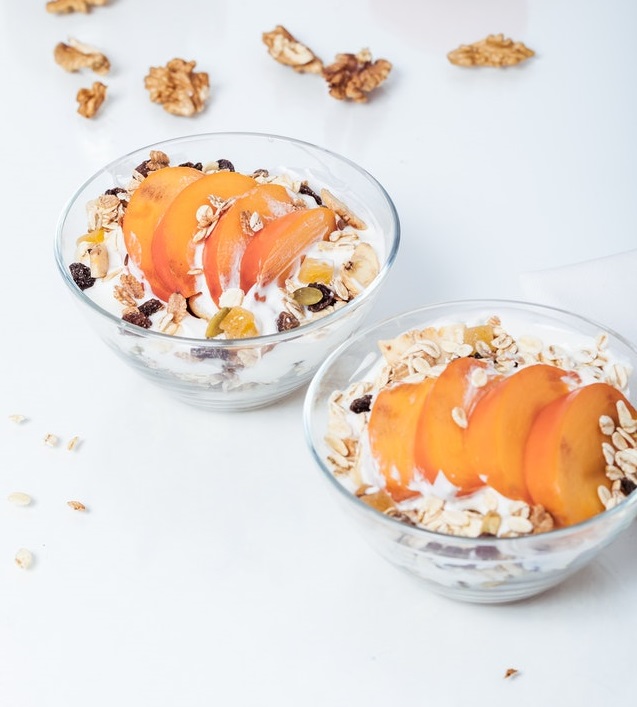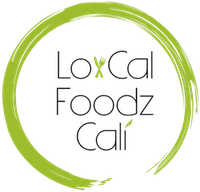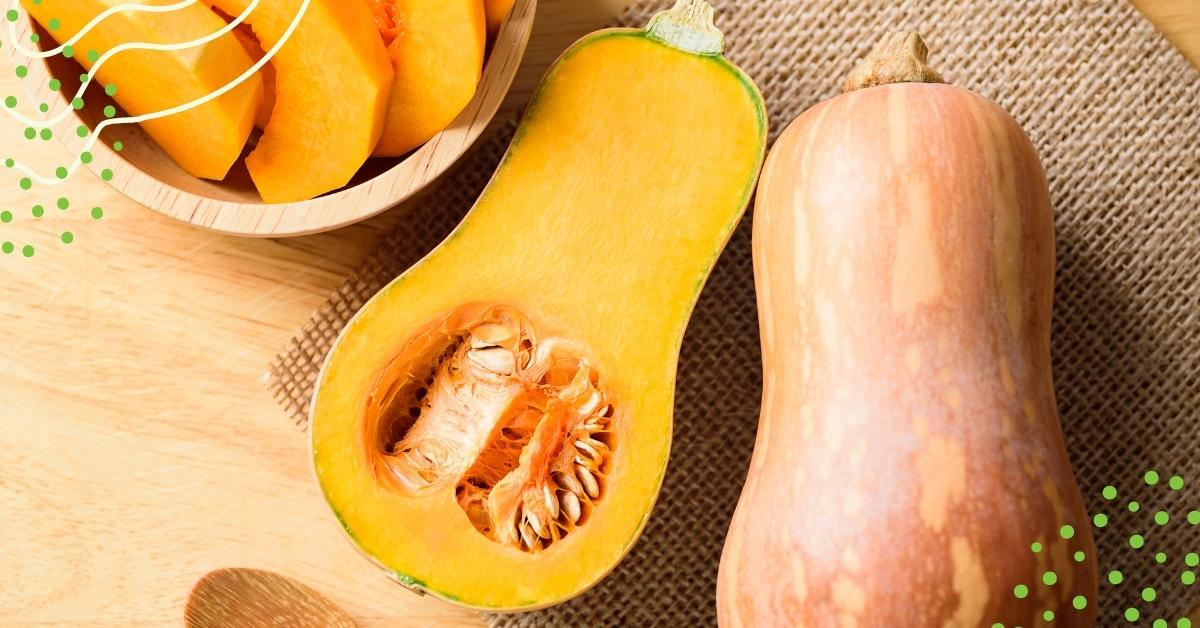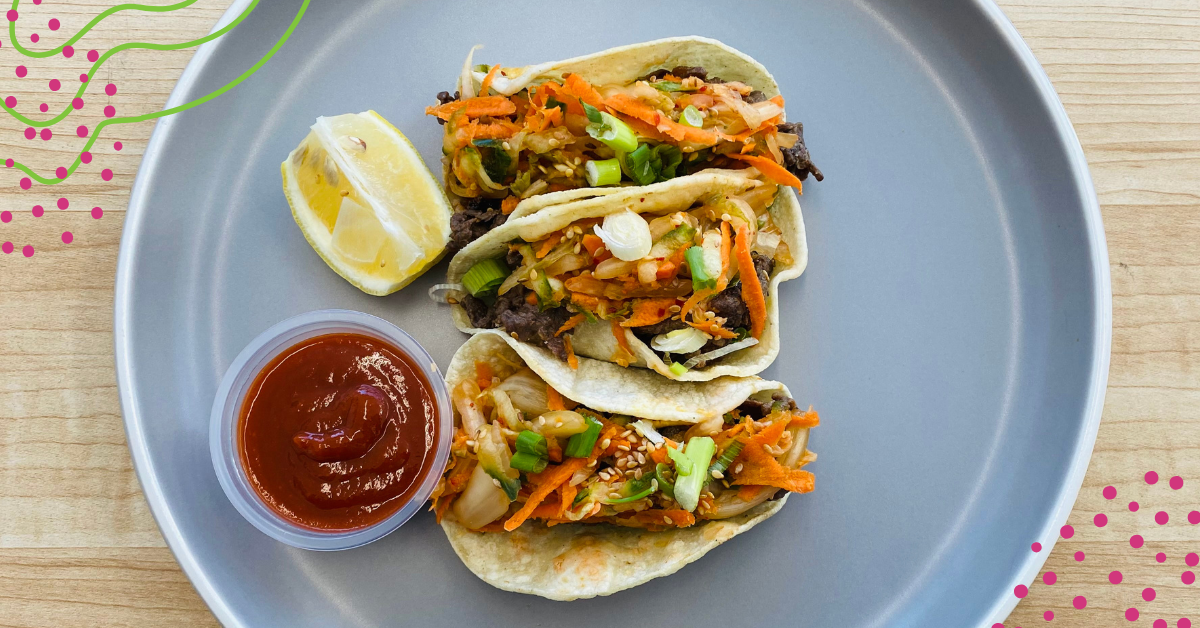Let’s talk about feel-good foods! Many people associate “comfort foods” with the warm, fuzzy emotions that go along with eating warm, gooey and filling foods. However, many of the comfort foods we grew up with are filled with sugars, extra carbs and unhealthy fats that wreck our moods after the initial “flavor high.” True feel-good food is food that uses nutrients, minerals and vitamins to provide brain boosts. These foods don’t create the “highs” and “lows” associated with many of the foods we all thought were feel-good foods. What are the best foods for boosting your mood naturally? Take a look at the recipe for happiness for both your stomach and brain!
Get a Happiness Delivery From Vitamin D

Yes, simple vitamin D is a big mood booster. Unfortunately, this is the feel-good vitamin that most people aren’t getting enough of in their diets. Researchers estimate that more than 41 percent of American adults aren’t getting enough daily Vitamin D.
What many people don’t realize is that vitamin D is technically a hormone. What’s more, researchers have linked low vitamin D levels with depression. In a 2018 systematic review and meta-analysis on vitamin D deficiency and depression in adults, researchers concluded that the link between depression and vitamin D levels is profound enough to call for more trials to see if vitamin D can be an effective tool for the prevention and treatment of depression.
Fortunately, it’s very easy to find tasty options rich in vitamin D. Fish is an excellent source of natural vitamin D. Salmon, herring, sardines, tuna and cod top the list when it comes to getting the most D in every delicious bite! If you’ve been looking for a reason to commit to enjoying a morning scramble other than the fact that this is a delicious option, it’s helpful to know that eggs are very high in vitamin D. In fact, one yolk contains 37 IU of vitamin D. Mushrooms, oatmeal, cow’s milk and soy milk round out the list of common, delicious foods that are rich in vitamin D.
Bring the Fun Times With Omega-3 Fatty Acids
This is the big category if you’re struggling with mood and energy levels. There’s increasing evidence that a lack of omega-3 fatty acids in a person’s diet is linked with poor mental health. In fact, researchers believe that dietary deficiencies of omega-3 fatty acids in humans are associated with increased risks for developing psychiatric disorders like depression, bipolar disorder, schizophrenia, dementia and attention-deficit/hyperactivity disorder.
The good news for anyone looking to boost physical and mental health is that foods rich in omega-3 fatty acids tend to be highly nourishing and filling! In addition to being great for your brain, these foods are also potentially beneficial for heart health, skin health, eye health and weight loss. If you want to go big with omega-3 fatty acids, focus on cold-water fatty fish like salmon, mackerel, tuna, herring and sardines. Falling into the category of nuts and seeds, goodies like chia seeds, flaxseed and walnuts are all high in omega-3 fatty acids. Plant oils like soybean oil, canola oil and flaxseed oil are all superstars when it comes to getting your omega-3 requirements in!
Do a Turkey Trot Toward a Good Mood With Tryptophan
Tryptophan got a bad rap for being the ingredient in turkey that makes everyone feel sleepy on Thanksgiving. While tryptophan can have a relaxing impact, the reality is that the infamous Thanksgiving sleepiness probably has much more to do with the enormous portions of all types of food being eaten at the table than it does with one little amino acid. What’s interesting about tryptophan is that our bodies don’t produce it even though it’s needed to maintain the body’s muscles, enzymes, proteins and neurotransmitters. The reason why tryptophan makes the list of mood-boosting things to eat is because this amino acid is converted to serotonin in your brain. That after-turkey afterglow may start making sense to you now! Serotonin is the primary hormone for stabilizing our mood. When serotonin levels are balanced, we can expect to have feelings of well-being and happiness. In fact, many of the antidepressants that people use for mood issues are selective serotonin reuptake inhibitors (SSRIs) that increase serotonin levels in the brain.
Studies show that tryptophan may be effective for treating a variety of psychiatric disorders. While adding some extra tryptophan to your diet should never take the place of actual advice from your doctor if you’re currently using SSRIs, it’s helpful to know that many popular foods are packed with tryptophan if you’re simply looking for a mood boost. If you’re looking to tip the mood scales in your favor, try nibbling on oats, bananas, dried prunes, milk, tuna fish, cheese, bread, chicken, turkey, peanuts and chocolate.
Breeze Past Bad Moods With Probiotics

According to the latest research, probiotics may help to boost both mood and cognitive function. It all comes down to the discovery that the brain and gut are linked by something called the gut-brain axis. Through the brain-gut axis, biochemical signals are conveyed between the nervous system and digestive tract.
Researchers call the gut the body’s “second brain” due to all of the neurotransmitters produced in the gut. In fact, 90 percent of the serotonin produced by the human body is made in the digestive tract! The gut is also responsible for making other mood-regulating neurotransmitters like dopamine and gamma-aminobutyric acid.
There are plenty of ways to fit probiotics into your diet! The easiest way to get in your probiotics every day is by simply starting your day off with a yogurt parfait! Foods like tempeh (fermented soybean), kefir, sauerkraut and miso are all great sources for probiotics.
Don’t Forget the Coffee

While it’s not technically a food, coffee enjoyed in moderation can be great for improving mood. Coffee stimulates the central nervous system. That’s why we feel sharper and more alert after starting the day with a cup of java. Researchers believe that caffeine’s ability to block a neurotransmitter in the brain called adenosine is what that feeling of “having the edge” comes from. It’s also known that caffeine influences neurotransmitters like norepinephrine, dopamine and acetylcholine that are known to improve both mood and mental performance. One of the most compelling arguments for using coffee as a mood-boosting tool comes from a 2013 study looking at the link between coffee consumption and suicide. According to the authors that reviewed data from three large studies, the risk of suicide for adults who drank two to four cups of caffeinated coffee per day was about half compared to people who drank decaffeinated coffee, very little no coffee.
Eating for a Better Mood: How to Make Healthy, Happy Meals Happen Every Day
Being stressed about what to eat to boost your mood can be counterproductive when you’re striving to eat for a sharper, happier brain. That’s why using meal prep is a great way to ensure that you’re getting balanced, healthy meals. This is also a great way to enjoy balanced nutrition that gives you mood-boosting ingredients worked into portions that offer appropriate amounts of healthy fats, protein, calories and more for better physical performance!





